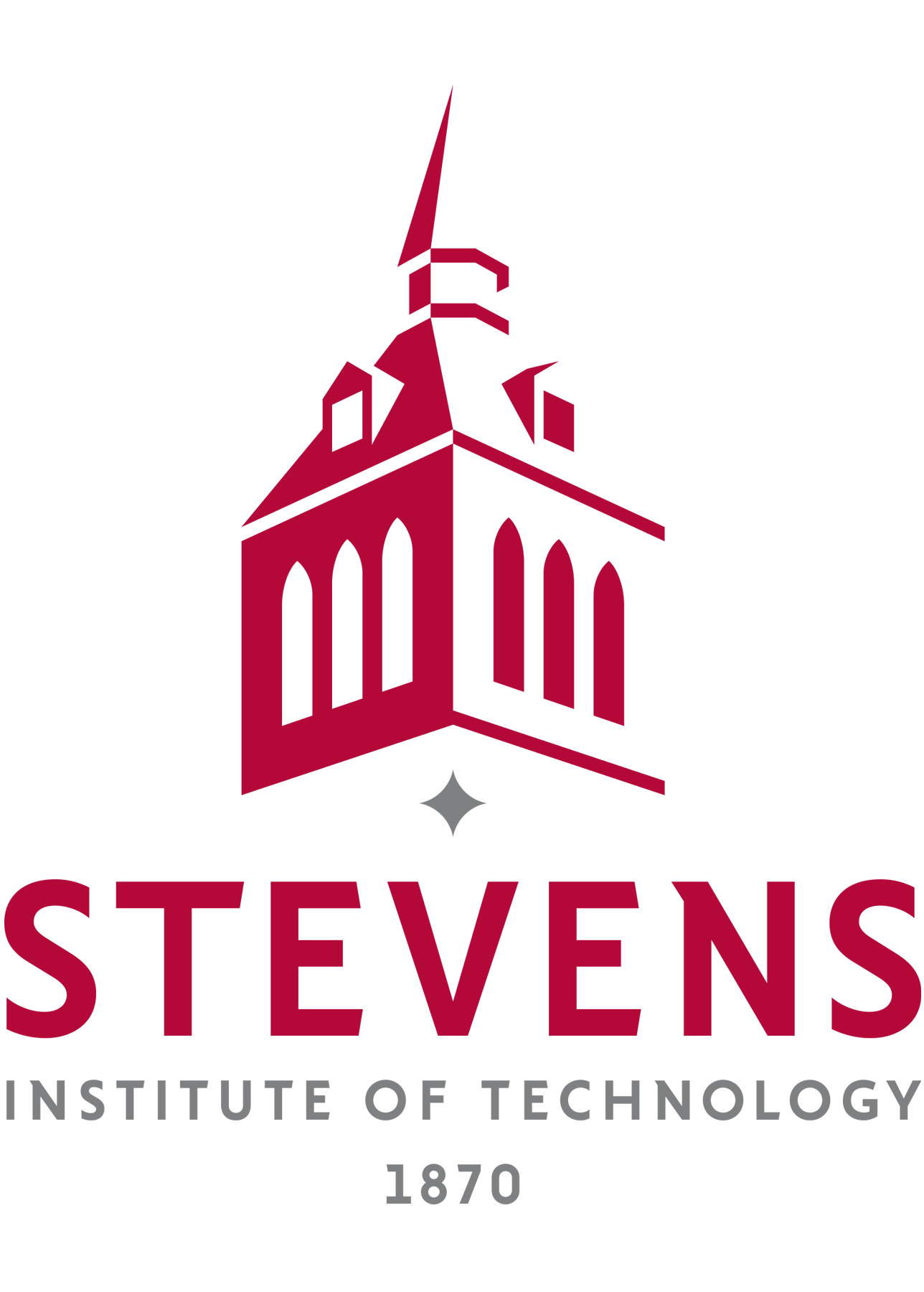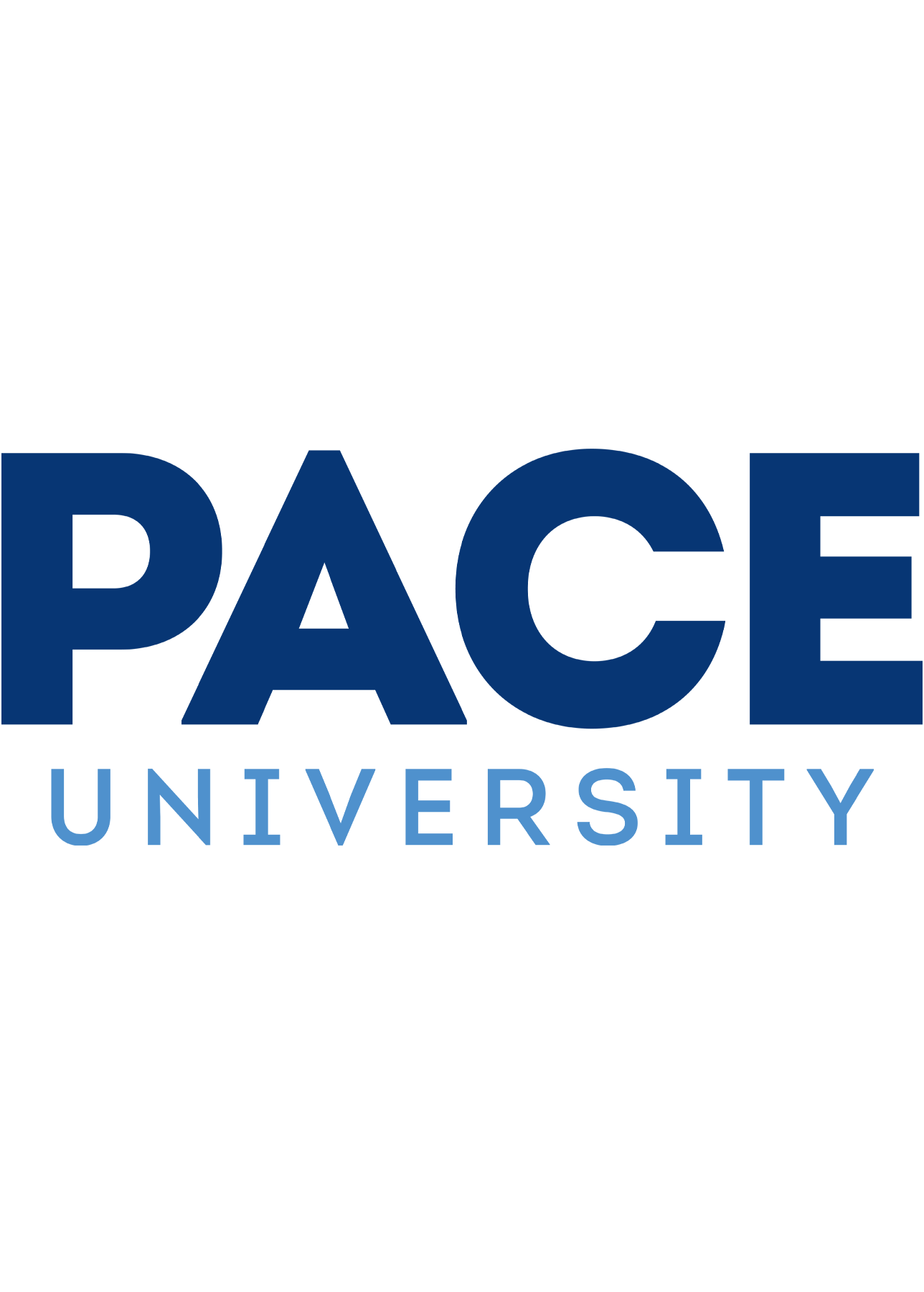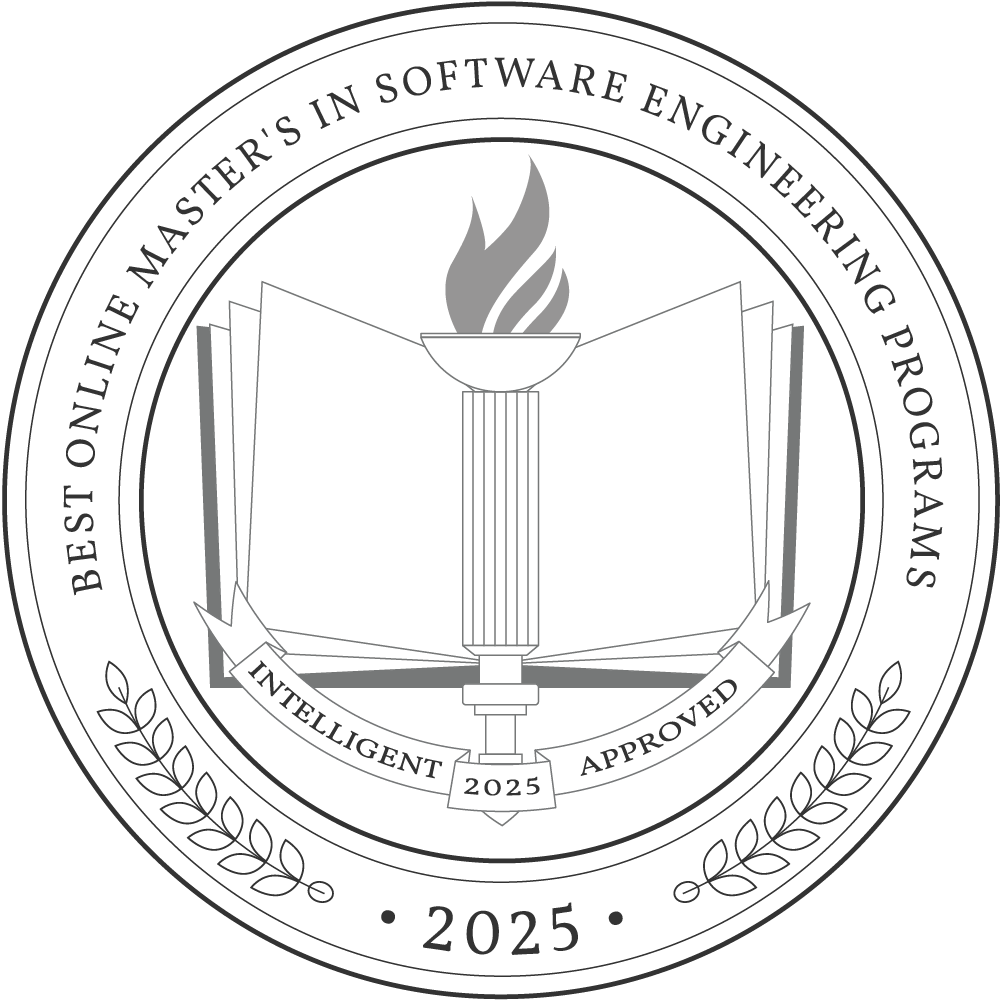Students in an online master’s in software engineering program will build upon their existing computer skills to prepare for any credentials they may need to obtain as part of their professional journey. Fortunately, the academic journey isn’t very long. With programs ranging from 30 to 40 credits, it’s possible to complete most programs in two years, and some accelerated programs are available that will allow students to complete everything in only 15 months.
According to U.S. News & World Report, the total cost of tuition for this degree ranges from $7,000 to $38,000. Once students graduate, they will qualify for a job as a software developer — this occupation has an average salary of $124,200.
Why You Should Trust
The Intelligent.com Higher Education Team is dedicated to providing students with independent, equitable school and program rankings and well-researched resources. Our expert-driven articles cover topics related to online colleges and programs, paying for school, and career outlooks. We use data from the U.S. Department of Education’s College Scorecard, the National Center for Education Statistics, and other reputable educational and professional organizations. Our academic advisory team reviews content and verifies accuracy throughout the year for the most current information. Partnerships do not influence rankings or editorial decisions.
- Analyzed over 2,000 national, accredited, and nonprofit colleges and universities
- 800+ rankings pages are reviewed and updated yearly
- Content is informed by reputable sources, surveys, and interviews with academic advisors and other experts
- Over 100 data points are reviewed for accuracy and quality throughout the year, including sources
How we rank schools
Our list features the best online Software Engineering degree programs at top colleges nationwide. Each school featured is a nonprofit, accredited institution — either public or private — with a high standard of academic quality for post-secondary institutions.
We evaluated each school’s program on tuition costs, admission, retention and graduation rates, faculty, reputation, and the student resources provided for online students. We collected data from trusted sources like the National Center for Education Statistics, individual school and program websites, school admissions counselors, and other data sources. Then, we calculated the Intelligent Score on a scale of 0 to 100 based on the following criterion:
Academic Quality:
- Admission rate versus enrollment rate
- Retention rate of students who return after year one
- Accreditation status (regional and programmatic)
- Nonprofit status, both private and public institutions
Graduation Rate
- Overall graduation rate
- Total number of currently enrolled students, including diversity metrics
- Student-to-faculty ratio
Cost and ROI
- In-state and out-of-state per-credit tuition rates and fees
- Required credits to graduate
- Earning potential after graduation
- Availability of federal student loans, scholarships, and other financial aid options
Student Resources
- Available student services for online-only and hybrid programs
- On-campus amenities like tutoring centers and the number of libraries
Read more about our ranking methodology.
Best 17 Accredited Online Master’s in Software Engineering Programs
FiltersInstitution Type
Status
- Intelligent Score
- Alphabetically By University Name
- Acceptance Rate
- Enrollment
- In-state Graduate Tuition
- Out-of-state Graduate Tuition
- In-state Undergraduate Tuition
- Out-of-state Undergraduate Tuition

East Carolina University
Intelligent Score: 99.94In-state: $4,452
Out-of-state: $20,729
In-state: $4,749
Out-of-state: $4,749
SAT: 1020-1170
ACT: 19-24
Resident: $283
Non-Resident: $1,014
Online, On-Campus
Southern Association of Colleges and Schools Commission on Colleges
30

Texas Tech University
Intelligent Score: 98.83In-state: $8,683
Out-of-state: $20,953
In-state: $6,788
Out-of-state: $6,788
SAT: 1070-1240
ACT: 22-27
Resident: $403
Non-Resident: $813
Online
Southern Association of Colleges and Schools Commission on Colleges
31-37

DePaul University
Intelligent Score: 98.30In-state: $40,551
Out-of-state: $40,551
In-state: $19,370
Out-of-state: $19,370
SAT: N/A
ACT: N/A
$955
Online, On-Campus
Higher Learning Commission.
48

North Dakota State University
Intelligent Score: 96.93In-state: $8,606
Out-of-state: $12,909
In-state: $7,013
Out-of-state: $7,013
SAT: 1028-1243
ACT: 20-26
Resident: $463 - $589
Non-Resident: $695 - $812
Online
Higher Learning Commission.
30

Stevens Institute of Technology
Intelligent Score: 95.19In-state: $53,828
Out-of-state: $53,828
In-state: $37,414
Out-of-state: $37,414
SAT: 1320-1480
ACT: 31-34
$1,930
Online, On-Campus
Middle States Commission on Higher Education
30

Drexel University
Intelligent Score: 94.54In-state: $53,868
Out-of-state: $53,868
In-state: $36,234
Out-of-state: $36,234
SAT: 1180-1380
ACT: 25-31
$1,438
Online, On-Campus
Middle States Commission on Higher Education
30

West Virginia University
Intelligent Score: 94.11In-state: $8,976
Out-of-state: $25,320
In-state: $10,134
Out-of-state: $10,134
SAT: 1030-1230
ACT: 21-27
$715
Online
Higher Learning Commission.
30

Auburn University
Intelligent Score: 93.21In-state: $10,080
Out-of-state: $30,240
In-state: $10,080
Out-of-state: $10,080
SAT: 1160-1320
ACT: 25-31
Resident: $612
Non-Resident: $1,836
Online, On-Campus
Southern Association of Colleges and Schools Commission on Colleges
30-33

Washington State University
Intelligent Score: 92.26In-state: $10,202
Out-of-state: $25,145
In-state: $11,781
Out-of-state: $11,781
SAT: 1020-1210
ACT: 20-26
$672
Online, On-Campus
Northwest Commission on Colleges and Universities
31

University of Michigan - Dearborn
Intelligent Score: 92.22In-state: $16,520
Out-of-state: $53,669
In-state: $24,344
Out-of-state: $24,344
SAT: 1340-1520
ACT: 31-34
Resident: $531
Non-Resident: $663
Online, On-Campus, Hybrid
Higher Learning Commission.
30

PennState World Campus
Intelligent Score: 91.43In-state: $15,025
Out-of-state: $24,413
In-state: $22,464
Out-of-state: $22,464
SAT: 1070-1300
ACT: 24-29
$1,027
Online
Middle States Commission on Higher Education
36

Carnegie Mellon University
Intelligent Score: 89.26In-state: $57,560
Out-of-state: $57,560
In-state: $46,441
Out-of-state: $46,441
SAT: 1460-1560
ACT: 33-35
$547
Online
Middle States Commission on Higher Education
36

Mercer University
Intelligent Score: 89.15In-state: $28,695
Out-of-state: $28,695
In-state: $14,964
Out-of-state: $14,964
SAT: 1180-1340
ACT: 25-31
$1,039
Online
Southern Association of Colleges and Schools Commission on Colleges
30

University of Houston - Clear Lake
Intelligent Score: 87.89In-state: $23,230
Out-of-state: $36,526
In-state: $29,984
Out-of-state: $29,984
SAT: 990-1173
ACT: 18-23
Resident: $460
Non-Resident: $984
Online
Southern Association of Colleges and Schools Commission on Colleges
30

Brandeis University
Intelligent Score: 87.53In-state: $55,340
Out-of-state: $55,340
In-state: $51,940
Out-of-state: $51,940
SAT: 1320-1510
ACT: 31-33
$1,220
Online
New England Commission of Higher Education
30

Pace University
Intelligent Score: 85.93In-state: $45,832
Out-of-state: $45,832
In-state: $32,256
Out-of-state: $32,256
SAT: 1060-1240
ACT: 22-28
$1,210
Online
Middle States Commission on Higher Education
36

Kennesaw State University
Intelligent Score: 84.58In-state: $4,450
Out-of-state: $15,704
In-state: $5,328
Out-of-state: $5,328
SAT: 1030-1200
ACT: 19-25
$383
Online, On-Campus, Hybrid
Southern Association of Colleges and Schools Commission on Colleges
30
How to Choose an Online Master’s in Software Engineering Program
Choose your area of study
This degree is typically offered as a Master of Science (MS). Many programs will allow you to select a concentration and focus your studies on a particular niche in this field, such as software development, cybersecurity, project management, software architecture, computer science, or data analysis. If you already know what you would like to do after you graduate, look for programs that closely match these career goals.
Research schools and programs
There are so many online master’s programs in software engineering to choose from that students need to quickly develop ways of narrowing the list down to just a few schools.
Only consider institutions that have been approved by a DOE-recognized regional accrediting organization, such as the New England Commission of Higher Education or Northwest Commission on Colleges and Universities. These organizations evaluate schools to ensure they provide students with a high-quality education. Those who attend a school that isn’t regionally accredited may be unable to access financial aid or transfer credits to another institution if needed.
You should focus primarily on schools within budget to avoid post-graduation debt. Students may also want to dismiss schools that don’t offer enough academic support for remote students or opportunities to engage with other students in the same program.
To learn more about any schools that you’re interested in, you can visit the school’s website, contact an admissions counselor, follow the school on social media, or attend an in-person or virtual open house.
Prepare for tests and applications
Application requirements vary by school and program. While some online master’s in software engineering programs no longer require students to complete the GRE, many still do require it (although some schools will waive the requirement if a student’s undergraduate GPA is high enough). Students who have never taken this exam before should be aware that it can take up to three months to study and up to 15 days to receive results, so it’s important to budget enough time ahead of any application deadlines.
In addition to GRE requirements, students should review online applications and verify if they will need to provide letters of recommendation or a personal statement along with the rest of their paperwork. Undergraduate transcripts will likely be required as well.
Before submitting an application, always contact an admissions counselor to ensure you have the most accurate information regarding requirements and deadlines.
Select your program
The best programs usually have a reasonable price, a solid track record of job placement, and professors known as thought leaders within their fields. If a particular area of study sounds more interesting, it’s okay for students to limit their applications to schools offering that concentration. It’s also wise for students to focus on schools that provide the kind of schedule flexibility they may need, especially if the student will be balancing a job and family life with their academic schedule.
Before making your final decision, review your needs and goals again. Do you plan to attend school full-time or part-time? Do you want your program to be as online as possible, or are you fine with a hybrid program that has a fair amount of in-person requirements? Some programs offer asynchronous courses, which can be completed at your own pace, while others only offer synchronous courses, which involve remotely attending lectures and completing assignments at the same time as other students — which of these two online learning formats do you prefer? Your school should accommodate your scheduling needs and learning preferences.
Determine how you’ll pay for your degree
Students who anticipate the need for financial assistance should complete the Free Application for Federal Student Aid (FAFSA) every academic year to help pay for their online master’s in software engineering.
Completing this application will qualify students for federal student loans, and if they discover any grants or scholarships they may qualify for (there aren’t as many of these on the graduate level), a completed FAFSA may help students qualify for this additional aid. It’s always beneficial to contact the financial aid departments of prospective schools in order to inquire about support that may be available through either the school or the state. Those who already work in the field should see if their employer offers tuition assistance benefits as well.
What Can You Expect from an Online Master’s in Software Engineering Program?
Students pursuing an online master’s in software engineering can expect coursework that blends the development of communication and problem-solving skills with classes that help students stay on the cutting edge of software development.
If the student has chosen a particular concentration, their coursework will reflect that specific area of study. For example, a cybersecurity focus helps students learn more about protecting computers from software-based threats, while a project management focus helps students learn more about becoming a project lead within a software company. Regardless of the concentration, all courses strongly emphasize hands-on learning and developing problem-solving skills, which helps students prepare for some of the vocational challenges they are likely to face after graduation.
Most of these online programs are designed to be completed by full-time students in two years and part-time students in three years. Accelerated programs, meanwhile, can help students complete all required coursework in as little as 15 months.
Potential courses you’ll take in an online master’s in software engineering degree program
- Software Construction. This course helps students learn more about creating large-scale distributed software systems on their own, including its history and best practices of such an endeavor, plus more about the modern hardware and software that will help them bring their ideas to life.
- Software Systems Architecture. This course covers architectural design principles, architecture evaluation, and how to strategically reuse certain aspects to save time and effort (always important when deadlines are approaching).
- Database Design Concepts. This course helps students learn everything they need to know to design database systems, including developing relational databases and designing specific systems for specific needs. Along similar lines, the course places particular emphasis on how students can apply all of these skills and concepts within the business setting of a modern corporation.
- Foundations of Artificial Intelligence. This course helps students master foundational concepts in AI, including the Markov decision process, reinforcement learning, computational learning, and more. These concepts can help students integrate AI into their future software engineering tasks, and the class ensures that students stay on the cutting edge of the AI revolution that is continuing to transform the computer world.
What Can You Do With an Online Master’s in Software Engineering?
Career outlook
Earning a master’s degree in software engineering opens doors to many possibilities in IT. This advanced qualification equips individuals with the skills and expertise to excel in software development, artificial intelligence, cybersecurity, and more. Here are a few of the possible career paths available to those with a master’s in software engineering, showcasing the multifaceted nature of this qualification and its impact on shaping the future of the tech industry:
- Software developer or quality assurance tester — Design, develop, and test software programs.
- Median annual salary: $124,200
- Projected employment growth (through 2032): 25%
- New job openings projected: 153,900 annually
- Database administrator or architect — Design databases, ensure databases are secure and operating efficiently, and keep user permissions up to date.
- Median annual salary: $112,120
- Projected employment growth (through 2032): 8%
- New job openings projected: 10,200 annually
- Information security analyst — Monitor networks, identify vulnerabilities, train staff on how to prevent security breaches, and recommend security upgrades.
- Median annual salary: $112,000
- Projected employment growth (through 2032): 32%
- New job openings projected: 16,800 annually
Online Master’s in Software Engineering Degree Frequently Asked Questions
How do I apply to an online master’s in software engineering degree program?
All students must do to apply to an online master’s in software engineering program is visit the university’s website and fill out the online application. That application will specify additional steps students may need to complete, including attaching undergraduate transcripts, application essays, and letters of recommendation. Applications will also identify if students must submit GRE scores and, if so, what the minimum score requirements are.
Applicants are always encouraged to contact the admissions office of prospective schools if they have any questions. The counselors can answer questions about the application and, if needed, about the program and the school itself.
How much does an online master’s in software engineering degree cost?
According to U.S. News & World Report, a master’s degree in software engineering typically costs between $7,000 and $38,000.
As a general rule, private schools will be more expensive than public schools. Also, most public schools charge out-of-state students a higher tuition rate than in-state students. These should be considerations for students on a tight budget. After all, picking an affordable school can mean the difference between amassing plenty of student debt or graduating without having to pay anything back.
How long does it take to earn an online master’s in software engineering degree?
Most online master’s in software engineering programs can be completed in two years by students attending full-time.
Students attending part-time may take three years to complete the required coursework. In some cases, a student can find accelerated programs online that can be completed in as little as 15 months.
As with any other graduate program, the most important thing is for students to find flexible and accommodating programs to work with remote learners, especially when such learners may be busy juggling other responsibilities along with their education.
Is an online master's in software engineering worth it?
Earning an online master’s degree in software engineering offers many advantages for aspiring professionals in the tech industry. The program provides a comprehensive and specialized curriculum, equipping students with advanced knowledge and skills essential for leadership roles in software development, AI, and cybersecurity. The flexibility of online learning allows individuals to pursue their education while maintaining professional commitments, making it accessible to working professionals worldwide.
Online master’s programs often provide a collaborative virtual environment, fostering diverse perspectives and global networking opportunities. This connectivity enables students to engage with industry experts, participate in real-world projects, and build a robust professional network. Moreover, the asynchronous nature of many online courses accommodates varied learning styles and time zones, promoting a personalized and adaptive learning experience.
Also, completing an online master’s in software engineering program demonstrates adaptability and self-motivation—traits highly valued by employers.

